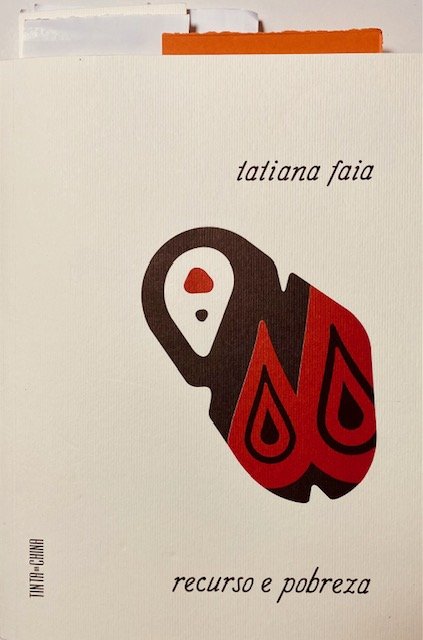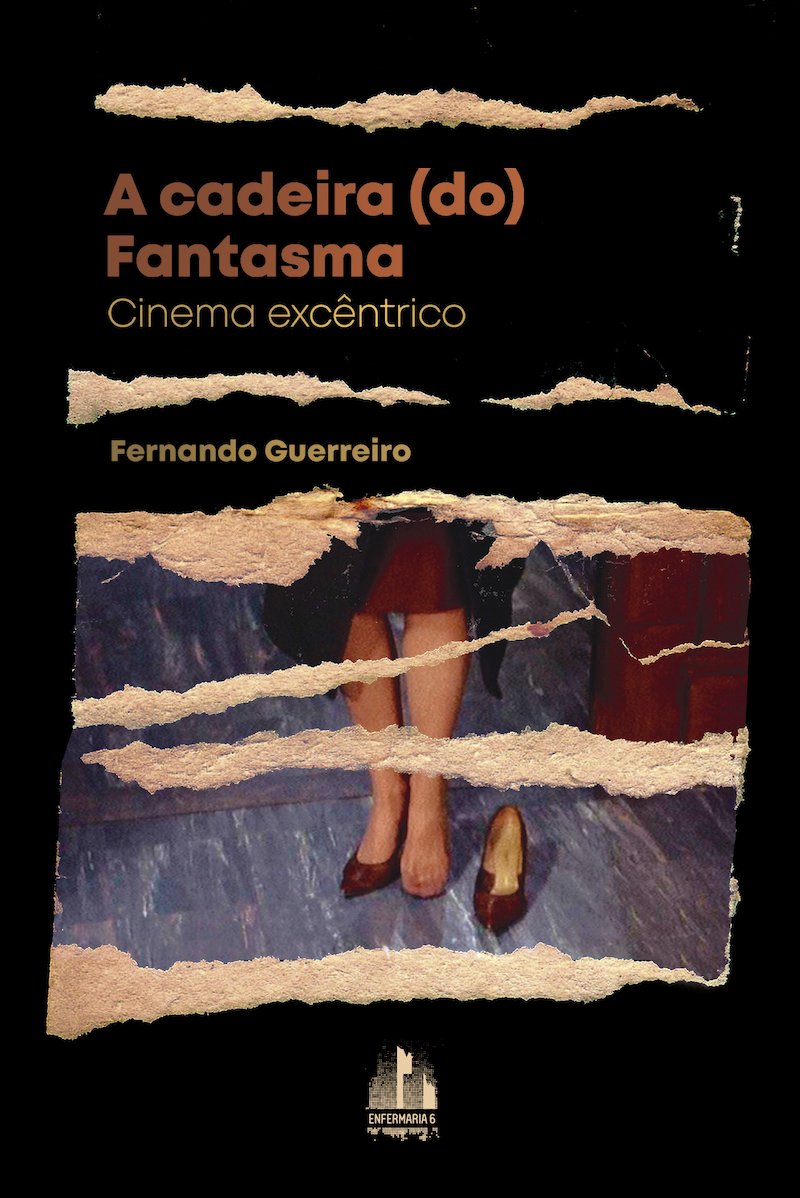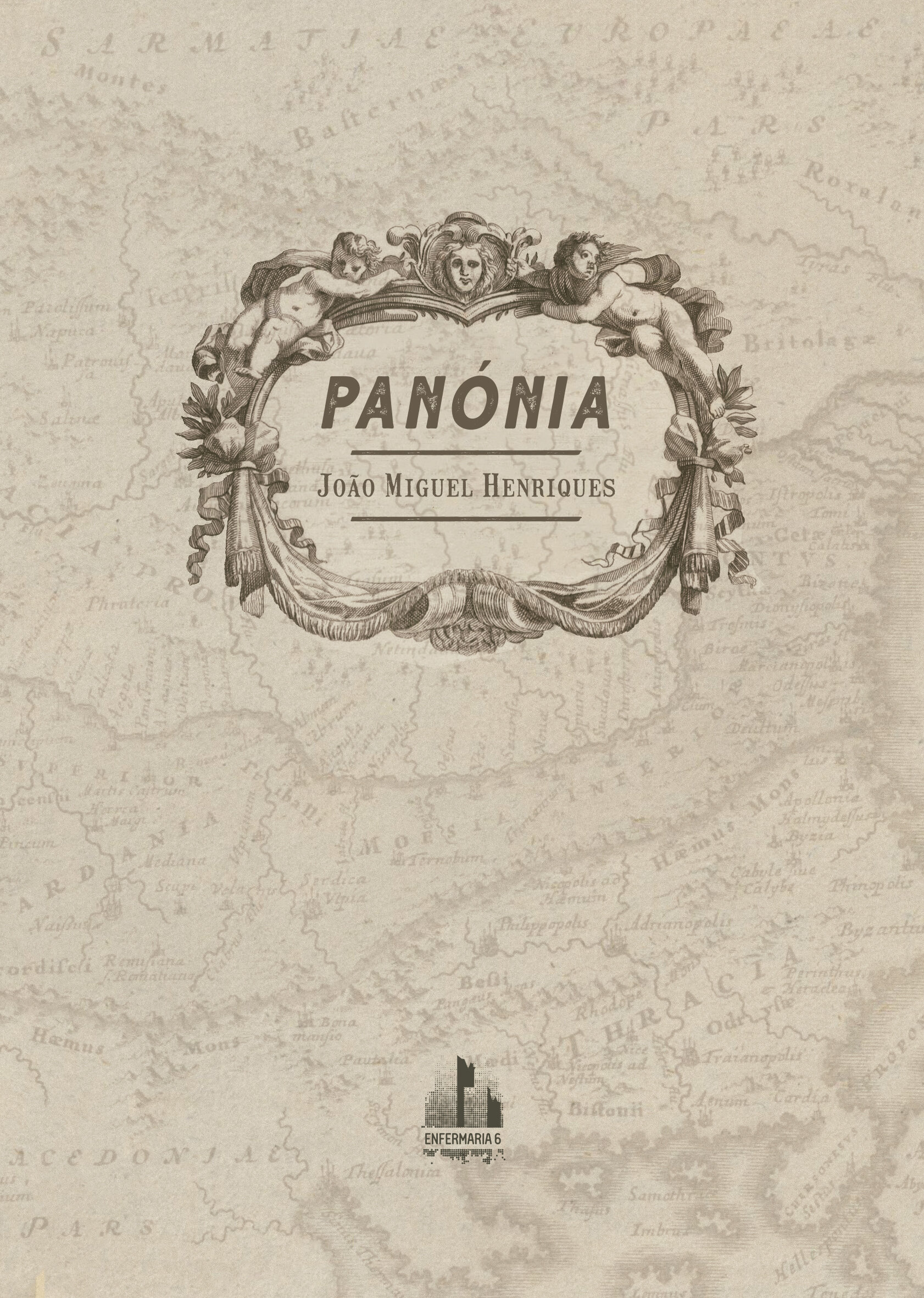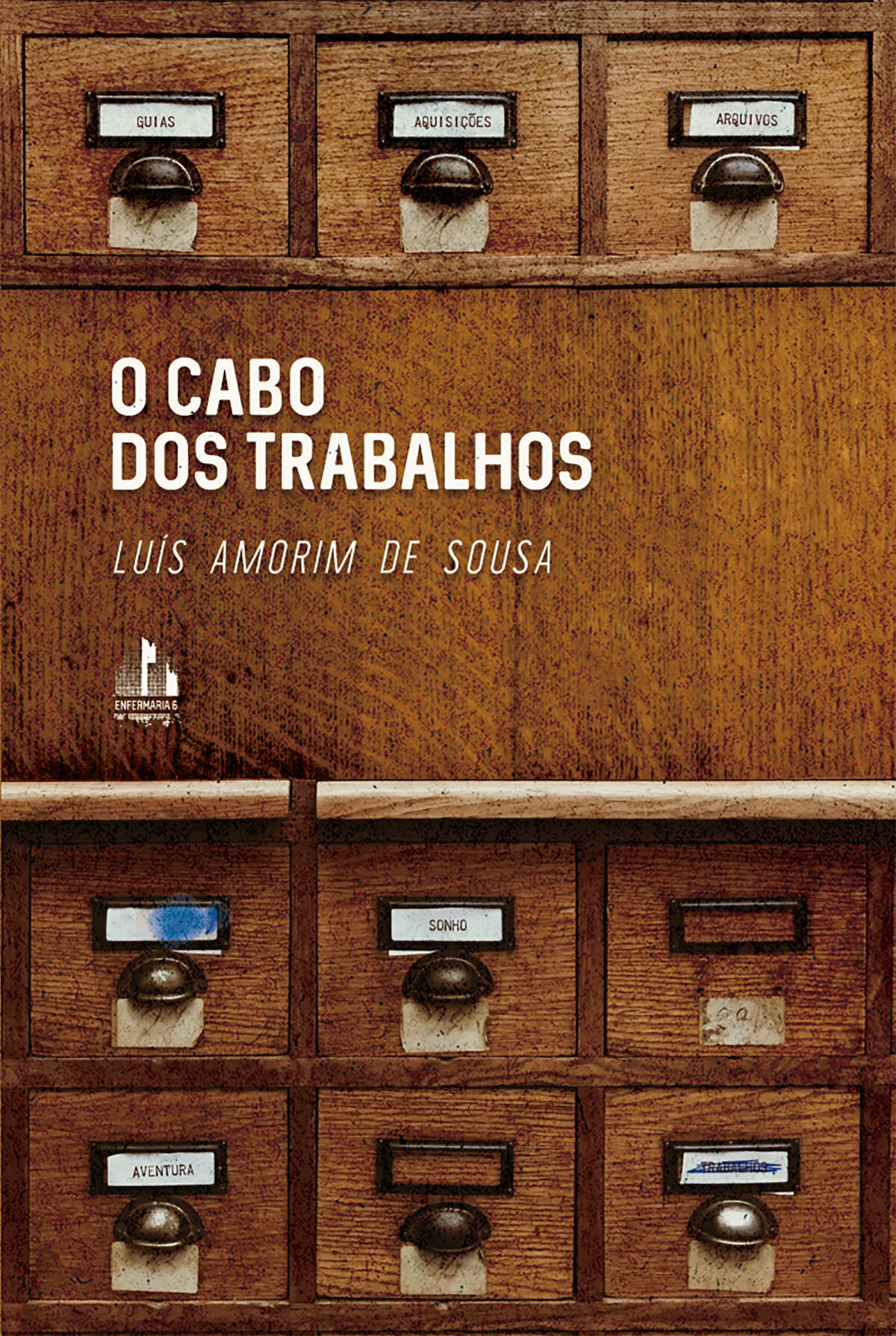Charles Bukowski, "o homem ao piano"
/Tradução: João Coles
o homem ao piano
toca uma música
que não compôs
canta palavras
que não são suas
num piano
que não lhe pertence.
enquanto
as pessoas à mesa
comem, bebem e falam
o homem ao piano
termina
sem aplausos
e logo
começa a tocar
uma nova música
que não compôs
começa a cantar
palavras
que não são as suas
num piano
que não lhe pertence
enquanto
as pessoas à mesa
continuam a
comer, a beber e a falar
quando
termina
sem aplausos
anuncia
ao microfone que
vai fazer
uma pausa de dez minutos
vai
à casa-de-banho
dos homens
entra
numa cabine
tranca a porta
senta-se
puxa dum charro
e anima-se
está contente
por não estar
ao piano
e
as pessoas sentadas à mesa
comendo, bebendo e falando
também estão contentes
por ele
lá não estar
é assim
que as coisas funcionam
quase em todo o lado
com tudo e todos
enquanto ferozmente
nas montanhas
o
cisne negro pega fogo
in Dangling in the Tournefortia, 1981
the man at the piano
the man at the piano
plays a song
he didn't write
sings words
that aren't his
upon a piano
he doesn't own
while
people at tables
eat, drink and talk
the man at the piano
finishes
to no applause
then
begins to play
a new song
he didn't write
begins to sing
words
that aren't his
upon a piano
that isn't his
as the
people at the tables
continue to
eat, drink and talk
when
he finishes
to no applause
he announces,
over the mike, that he is
going to take
a ten minute break
he goes
back to the men's
room
enters
a toilet booth
bolts the door
sits down
pulls out a joint
lights up
he's glad
he's not
at the piano
and the
people at the tables
eating, drinking and talking
are glad
he isn't there
either
this is
the way it goes
almost everywhere
with everybody and everything
as fiercely
in the highlands
the
black swan burns
in Dangling in the Tournefortia, 1981













